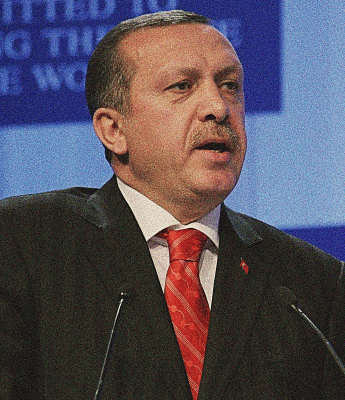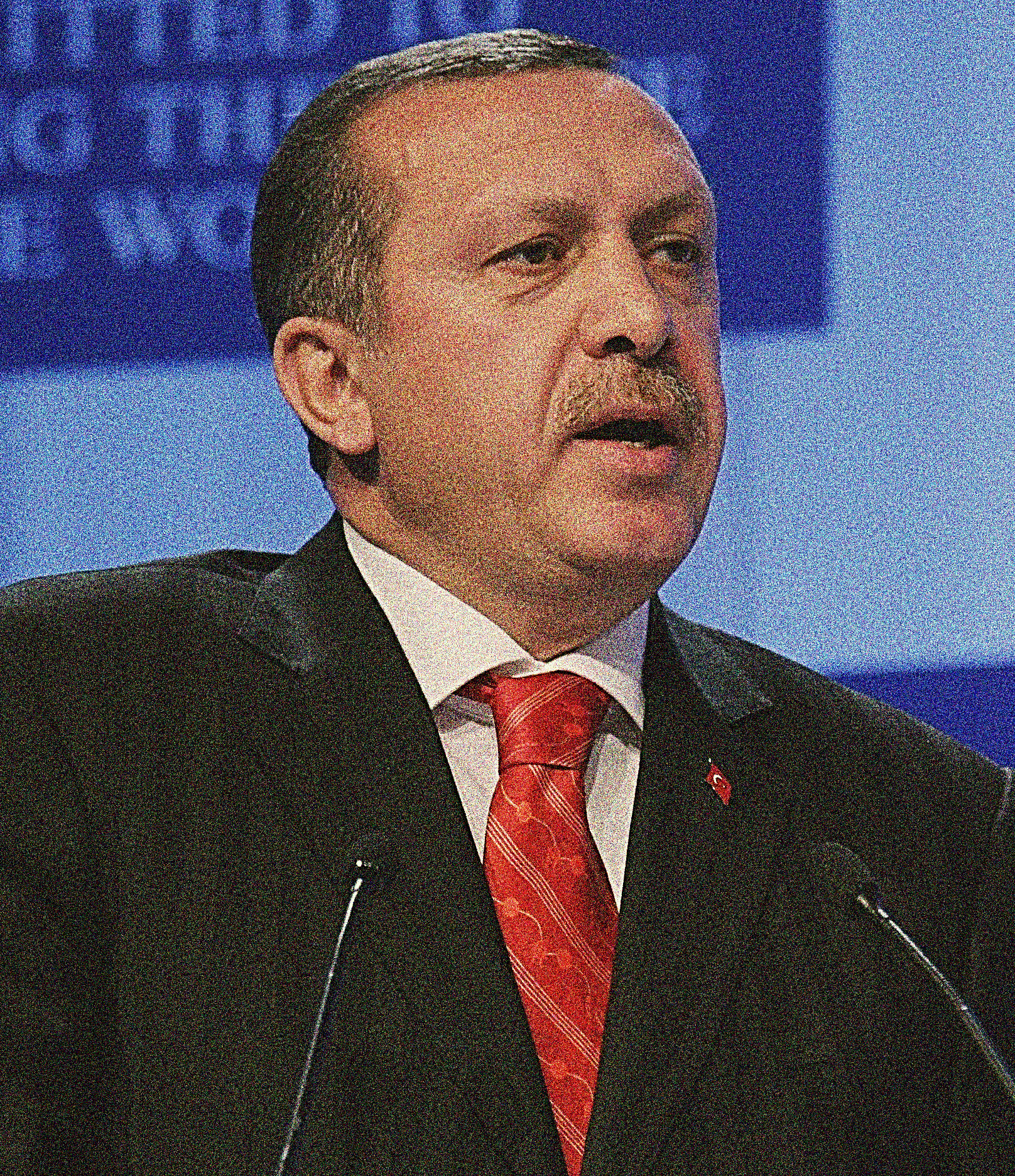 On Monday May 27th, about 100 activists in Istanbul staged a sit-in at Gezi Park, the last bit of green space in a largely commercial area, in order to protest the uprooting of its nearly 600 trees to make way for a restored Ottoman army barracks and a shopping mall.
On Monday May 27th, about 100 activists in Istanbul staged a sit-in at Gezi Park, the last bit of green space in a largely commercial area, in order to protest the uprooting of its nearly 600 trees to make way for a restored Ottoman army barracks and a shopping mall.
This is part of Prime Minister Erdogan’s urban redevelopment project of Taksim Square, to which Gezi Park is adjacent. Protestors succeeded in peacefully halting the razing until the end of the week, when police began to fire tear gas canisters at them. By Friday, tens of thousands of leftists, other opposition members, and even members of Erdogan’s own party joined the protestors, outraged by the brutal and disproportionate behavior of the police.
Protests escalated and spread quickly, and were met with an enormous demonstration of force from police, who used tear gas, water cannons, and rubber bullets. While most protests have been nonviolent, some protestors have resorted to violence to express their grievances, turning what were peaceful demonstrations into riots on a scale unseen during Erdogan’s tenure. Since Friday, protests have spread to 67 of Turkey’s provinces. The over three million participating protesters represent a wide spectrum of ideologies, walks of life, and religious sects.
Why?
Protecting the park is only the tip of the iceberg. Beneath the surface lurks a deep frustration over the democratically elected Erdogan’s increasingly authoritarian and conservative Islamist regime. Turkish citizens are angry at the government’s lack of transparency and frustrated that Erdogan does not consult them before making decisions—like the privatization of public space and the razing of Gezi Park—and going ahead with their implementation. This paternalistic style was exemplified when Erdogan stated last week that the protesters could do whatever they wanted, but the government made a decision and would carry it out. He demonstrates a lack of interest in engaging in meaningful dialogue with those who do not share his views, evincing an attitude of “it’s my way or the highway.”
Citizens have a wide range of grievances—from the new laws restricting abortion and the sale of alcohol to the ban on kissing in public—but what the various parties have in common is the sense that they are not being listened to, that they are living in a hollow democracy. Turkey has become a country where the media self-censors, peaceful demonstrators and dissenters are prosecuted on the absurd grounds of membership in terrorist organizations, and a majority rules over, and not in collaboration with, a minority. These demonstrations have no single explicit political agenda; they are an expression of deep anger.
Erdogan’s Response
Last weekend, Erdogan acknowledged that in some instances police behavior towards protesters was extreme, but that seemed as far as he was willing to go. He has made numerous statements accusing the main opposition Republican People’s Party (CHP) of using the redevelopment of Gezi Park as a tool to provoke citizens into rioting as a means of furthering their own ideological agenda. He has also blamed protests on both domestic and foreign extremist groups aiming to bring down his government.
Erdogan continues to display this hubris, and in the midst of the worst protests during his decade in power, he has gone on a poorly timed (or perhaps perfectly timed, as far as he is concerned) visit to North Africa, leaving other, more conciliatory-minded government officials to deal with the issue, despite the fact that the riots are increasingly aimed against Erdogan himself.
President Gul’s Response
Turkish President Abdullah Gul has butted heads with Erdogan, who appears to think that free and fair elections are the lone component of a true democracy. Gul, on the other hand, has insisted that “Democracy does not mean elections alone. There can be nothing more natural for the expression of various views, various situations and objections through a variety of ways besides elections,” he added, praising peaceful protestors for exercising their democratic rights.
Upon hearing of these comments, Erdogan responded, “I don’t know what the president said, but for me democracy is all about the ballot box.” The term-limited Erdogan and Gul are expected to face off for the presidency in Turkey’s next election. Erdogan may have strong support from religious conservatives, but in light of recent events and his not-so-subtle efforts to assign more power to the presidential position he is seeking, we will see how his version of democracy plays out for him at the ballot box.
Sarah Gold is an intern at Foreign Policy in Focus.
